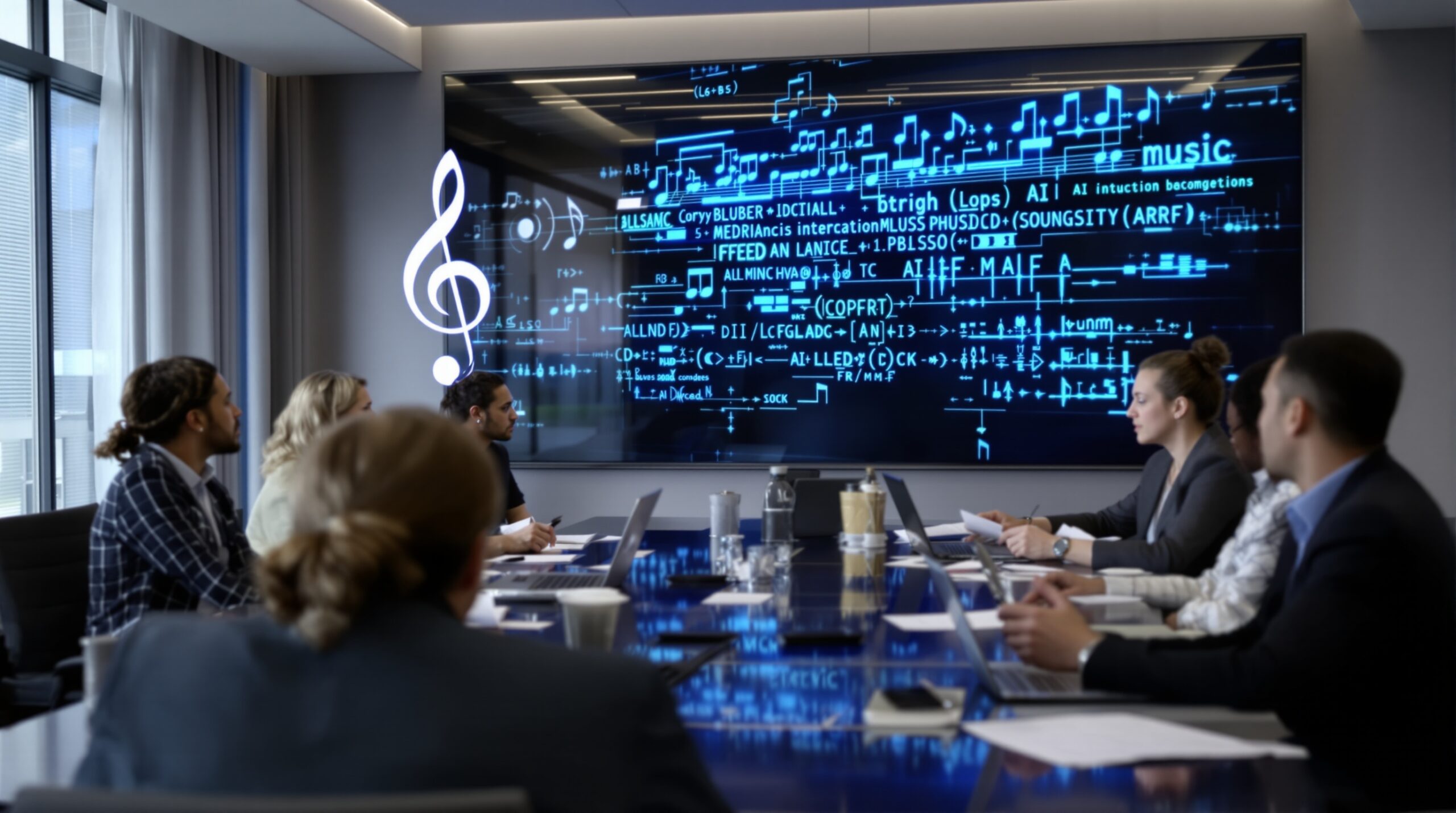Artificial intelligence rapidly changes the music industry. Creators, rights holders, and lawmakers now confront unique copyright challenges. Recent AI developments allow machines to compose original tracks or mimic artists’ styles and voices, raising both opportunities and legal questions. As AI-generated music becomes more sophisticated, Congress and other governing bodies must adapt policies to safeguard both innovation and human creators.
AI in Music: A Revolutionary Force
AI technology now produces convincing songs using neural networks and powerful algorithms. These systems analyze thousands of tracks and replicate complex musical patterns. Some tools synthesize realistic vocals, imitating famous artists so closely that even trained listeners struggle to distinguish the difference. Others generate original lyrics and instrumentation based on simple user prompts.
Platforms such as OpenAI’s Jukebox and Google’s MusicLM have showcased AI’s rapid progress. Individual creators and startups use these tools to craft entirely new works or remixes. Pop star Drake’s “fake AI” vocals briefly topped streaming charts, shocking both fans and industry professionals. As adoption spreads, the music business faces urgent questions about intellectual property protection.
The Copyright Dilemma: What Constitutes “Original” Creation?
Copyright law in most countries is based on originality and human authorship. Historically, protection extends only to works created by people, not machines or animals. With AI tools now generating music nearly autonomously, policymakers must confront how—or if—these works gain copyright protection.
The U.S. Copyright Office recently denied registration for purely AI-generated works, emphasizing the need for “human creativity.” However, complicated grey areas persist. When a songwriter uses AI to brainstorm melodies or lyrics, how much input is required to claim copyright? If AI learns from an artist’s hits, does it unlawfully “sample” their style? These questions challenge existing legal frameworks.
Lawmakers Respond to Rising Concerns
Growing anxieties among musicians and rights holders have caught lawmakers’ attention. Senate and House committees in the United States are conducting hearings on AI’s impact on music and the creative sector. Industry leaders have demanded that Congress act before AI-generated songs erode artists’ earnings and creative control.
Artist advocacy groups, including the Recording Academy and American Society of Composers, Authors, and Publishers (ASCAP), push for binding legislation. They seek clear requirements for obtaining permission before using voices, likenesses, or copyrighted styles in AI-created works. Musicians warn that, without intervention, deepfake technology could flood streaming services with unauthorized imitations.
Potential Solutions and Proposed Legislation
Lawmakers are crafting proposals aimed at balancing innovation with protection for creators. One approach is to mandate transparency when AI is used for music production. Such rules might require digital “watermarks” or disclosures identifying AI-generated songs. These measures could help listeners and platforms distinguish between human and AI artistry.
Another strategy involves expanding “right of publicity” laws. These would block the commercial use of an artist’s voice or likeness without explicit consent, even in AI-generated works. Similar laws already exist in some states, especially regarding actors and athletes. Adoption on the federal level could set a precedent for music-related cases.
Some lawmakers propose updating copyright definitions to clarify what comprises “human authorship.” Guidance from the U.S. Copyright Office, published in 2023, suggests a nuanced approach. It indicates that works created with “substantial human control” may still qualify. Courts may ultimately have to decide where that line gets drawn.
Industry and Artist Perspectives
Musicians and composers are divided on AI’s role in creative work. Some see AI as a valuable tool for inspiration, collaboration, or experimentation. Others fear that rampant use will devalue human labor and flood markets with low-quality music. Rapper Ice Cube and singer Halsey have both demanded tougher guardrails to protect their voices from unauthorized use.
Major record labels, including Universal Music Group and Sony Music, have taken an aggressive legal stance. They have filed lawsuits against AI startups accused of copying digital catalogs to train their algorithms. Streaming platforms such as Spotify and Apple Music are weighing how to flag or delist AI-generated tracks that violate traditional copyright rules.
Deepfakes, Ethical Implications, and the Future of Music
AI’s ability to produce convincing “deepfakes” raises troubling ethical questions. Listeners might unwittingly support fake collaborations or hear new “songs” by deceased artists. These manipulations could mislead fans, harm reputations, or fuel disinformation campaigns. The industry must balance creative freedom with the responsibility to prevent deception.
Emerging ethical standards advocate for artists’ right to control their voices, images, and legacy. Many experts call for global cooperation on regulations, ensuring fair compensation and transparency. As music crosses digital borders, consistent rules will help prevent regulatory loopholes that artists and platforms could exploit.
International Perspectives on AI and Copyright
Other countries are also grappling with the implications of AI-generated music. The European Union considers broad reforms, including mandatory disclosures and possible compensation schemes. Japan has issued guidelines clarifying copyright for AI-generated works, emphasizing both innovation and protection.
China’s aggressive adoption of AI in entertainment has triggered internal debates on artist rights and data collection. Global alignment on legal definitions and artist protections remains an evolving challenge. International harmonization will be essential as music platforms and creators operate on a worldwide scale.
The Road Ahead: Balancing Innovation and Protection
The music world faces a crucial turning point as lawmakers confront the reality of AI-generated content. Artists and technology companies have much to gain from collaboration and fair policy design. Industry leaders and governments must ensure that creative innovation does not trample on the hard-won rights of musicians.
Developing legal frameworks that keep pace with technology will require ongoing dialogue, compromise, and vigilance. Clear rules should foster both creative freedom and respect for original work. As AI tools reshape the future of music, the search for balanced solutions continues with urgency.


